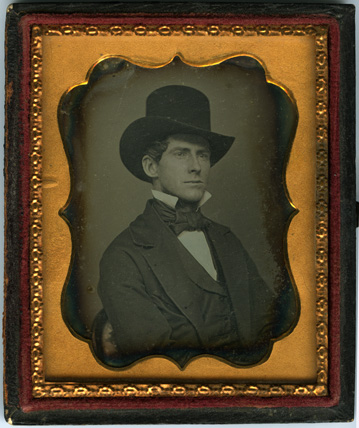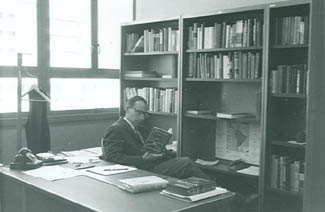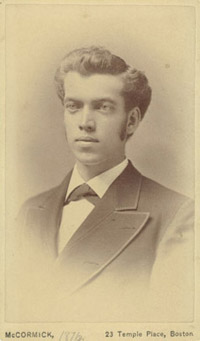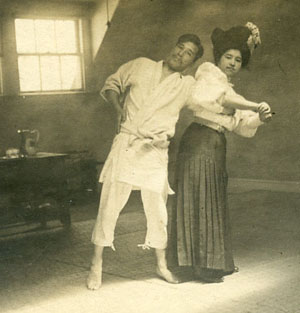Herman B. Nash Papers
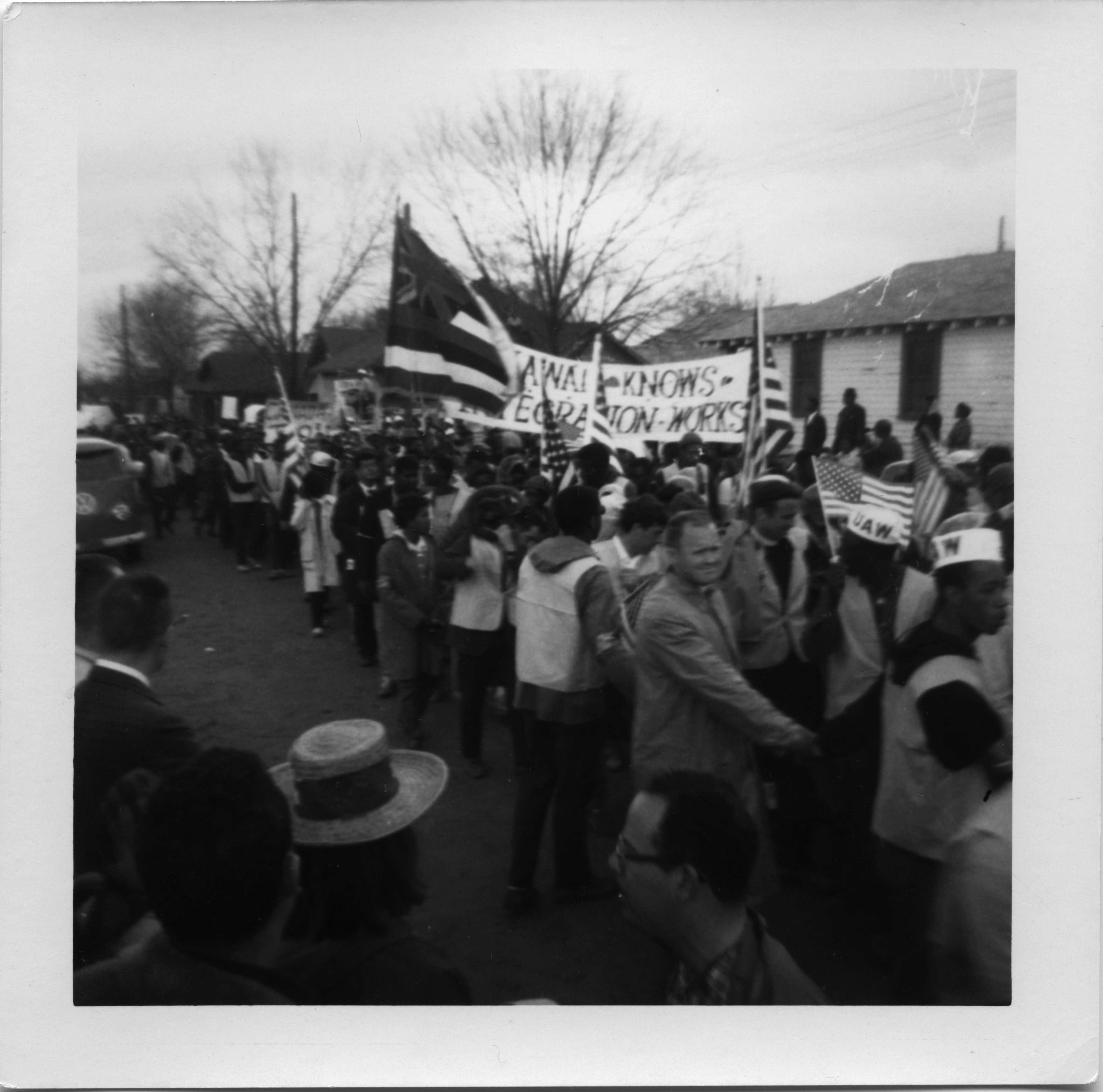
In 1944, eighteen-year old Herman B. “Keek” Nash enlisted in the Army, and after intensive Japanese language training, was assigned for duty as an intelligence officer in American-occupied Osaka, Japan. Settling in northern New Jersey after his discharge from the service in 1947, Nash held a succession of jobs, including brakeman on the Pennsylvania Railroad, before deciding to try his hand at teaching, earning a master’s degree in education at Columbia Teachers College. A solid leftist politically and a strong supporter of social justice causes and civil rights, he marched with Martin Luther King at Selma and Washington, though his ardor and political convictions came at a cost. Investigated by the FBI for alleged Communist sympathies in the late 1950s, Nash was fired from his position teaching high school science in Teaneck, N.J., in 1969, after leading a sit-in protest against school tracking. He subsequently returned to work on the railroad, where he was active with the union and took part in efforts to increase participation by African Americans and women. Yoneko Nash, Nash’s wife of 43 years, died in 2004, with Keek following in 2010.
A rich assemblage, the papers of Herman Nash offer a glimpse into the life experiences of a socially conscious veteran of the Second World War. Nearly a quarter of the collection stems from Nash’s time in the military service, including while he was learning Japanese at the University of Chicago (1944-1945) and while he was stationed in occupied Japan from spring 1946 through the following winter. Among other noteworthy items are a thick series of intelligence reports on the reaction of the local population to the occupation, noting episodes of civil unrest, crime, and other forms of social instability. The collection also contains a significant body of correspondence with family and friends, including serval whom he met in Japan. The balance of the collection relates to Nash’s interests in social justice causes, highlighted by a significant series of photographs taken during a massive civil rights demonstration in Montgomery, Ala.


